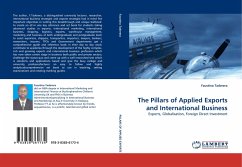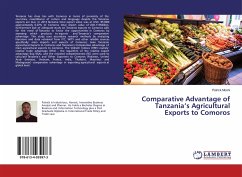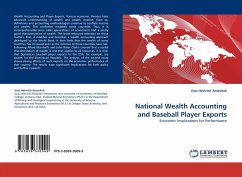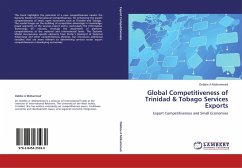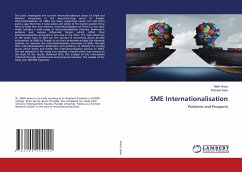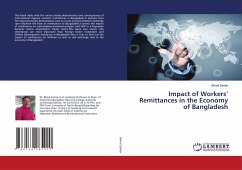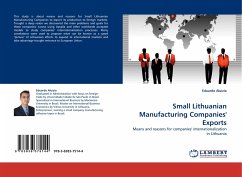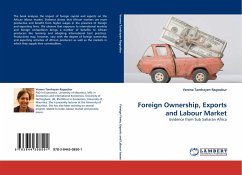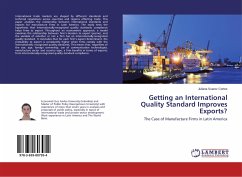
Getting an International Quality Standard Improves Exports?
The Case of Manufacture Firms in Latin America
Versandkostenfrei!
Versandfertig in 6-10 Tagen
27,99 €
inkl. MwSt.

PAYBACK Punkte
14 °P sammeln!
International trade markets are shaped by different standards and technical regulations across countries and regions affecting trade. This paper analyzes the relationship between international standards and exports for manufacture firms in Latin America. The study tests the hypothesis that internationally-recognized quality standards compliance helps firms to export. Throughout an econometric approach, a model examines the relationship between firm's decision to export (yes/no), and the variable of whether or not a firm has an internationally-recognized quality standard. It concludes that for ...
International trade markets are shaped by different standards and technical regulations across countries and regions affecting trade. This paper analyzes the relationship between international standards and exports for manufacture firms in Latin America. The study tests the hypothesis that internationally-recognized quality standards compliance helps firms to export. Throughout an econometric approach, a model examines the relationship between firm's decision to export (yes/no), and the variable of whether or not a firm has an internationally-recognized quality standard. It concludes that for each firm's export determinant, the probability to export is consistently higher when firms comply with the internationally- recognized quality standards. This means that, regardless of the size, age, foreign ownership, use of communication technologies, manufacture sector and country type, a firm benefits in terms of exports, from internationally-recognized quality standard compliance.



